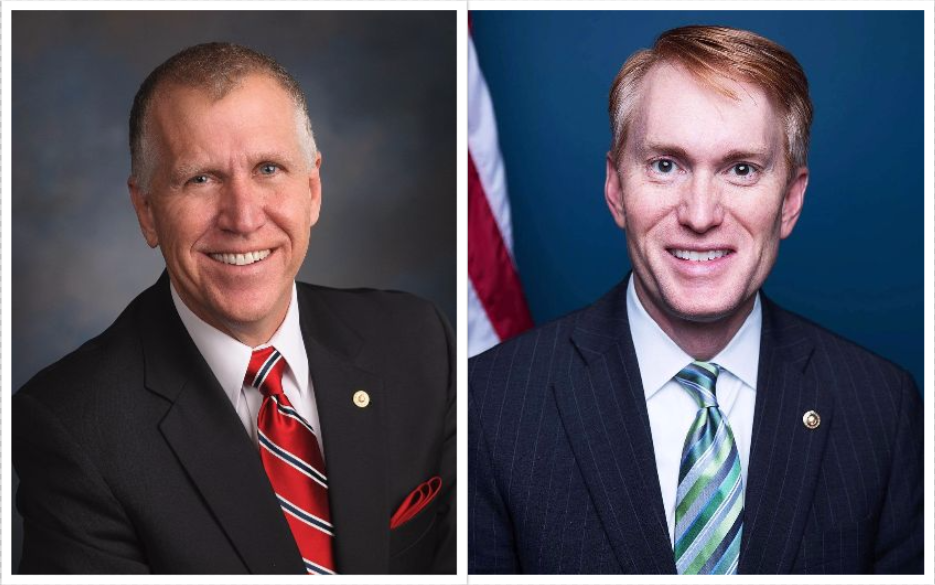Following the Trump administration’s announcement it would rescind Deferred Action for Childhood Arrivals, or DACA, Republican lawmakers in Washington are reported to be working on what they call “fixes” to United States’ immigration policy.
On Monday, three conservative senators – Thom Tillis (R-North Carolina), James Lankford (R-Oklahoma) and Orrin Hatch (R-Utah) – rolled out a measure they called a “fair and merit-based solution to address legal uncertainty facing undocumented children.”
Seung Min Kim, Senate reporter for Politico, wrote about the new measure. She says it is likely to encounter opposition from Senate Democrats and immigration advocates, thanks to the more arduous path to citizenship it presents for DACA recipients, or Dreamers, as well as some general provisions included in the bill that are not directly related to Dreamers, and seek to curb general immigration to the U.S.
Kim says the bill is part of a collective effort on Capitol Hill to find a solution for DACA recipients before the program ends in March, as well as for young immigrants who were unable to apply for the program before applications closed earlier this month.
“It would provide a pathway to a green card and eventually citizenship to qualifying Dreamers. They would either have to serve in the military, be gainfully employed, be attending school, and they also have to meet several other tough requirements,” Kim says.
The bill goes farther to limit immigration and naturalization than does a bipartisan measure called the Dream Act, which was first introduced in 2001 by Sen. Dick Durbin, a Democrat from Illinois, and Sen. Lindsey Graham, a South Carolina Republican. While unsuccessful in the past, the act has received a second life in the wake of President Trump’s decision to end DACA this year.
“One of the differences [between the two measures] is the restrictions on Dreamers under the Tillis-Lankford bill on sponsoring family members,” Kim says. “Usually if you’re a green card holder here in the United States you can sponsor some immediate relatives to also get green cards, such as a spouse or a child. For now, the Tillis-Lankford bill does not allow that.”
Conservative lawmakers, Kim says, are attempting to use the DACA replacement bill as a vehicle for passing legislation that would curb a phenomenon called “chain migration,” which is when a naturalized citizen or green card holder acts as a sponsor for family members who are immigrating to the US.
“President Trump actually tweeted earlier this month that chain migration, addressing that issue, has to be included in any immigration deal,” Kim says.
The Tillis-Lankford bill does that. According to Kim, it is likely to receive some support and some opposition on Capitol Hill.
“In terms of the lawmakers here, the only one who’s weighed in so far is Senator Durbin himself, who has been a longtime advocate of Dreamers. And he said it falls short, because of, for example, those restrictions on sponsoring family members,” Kim says.
Written by Kate Groetzinger.














